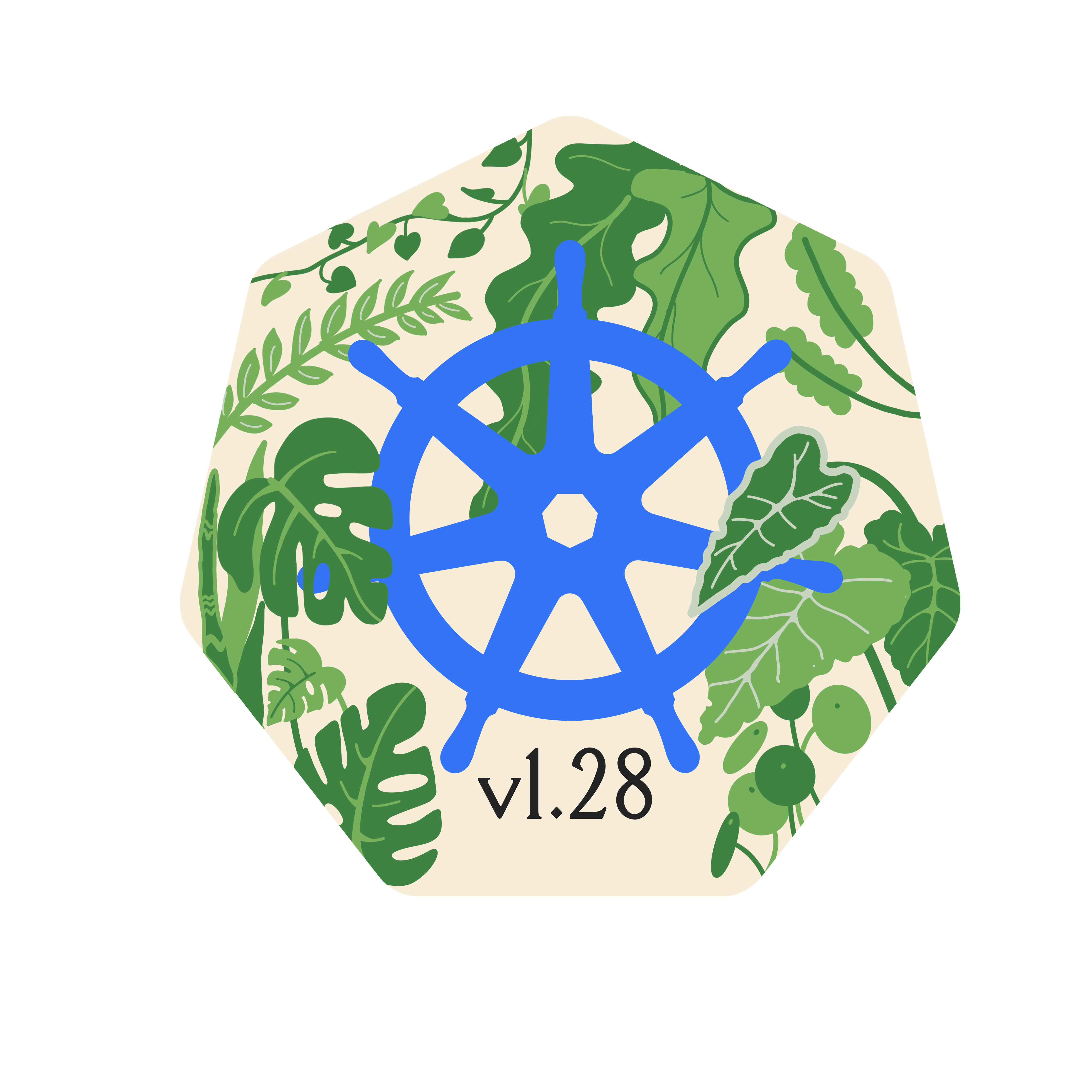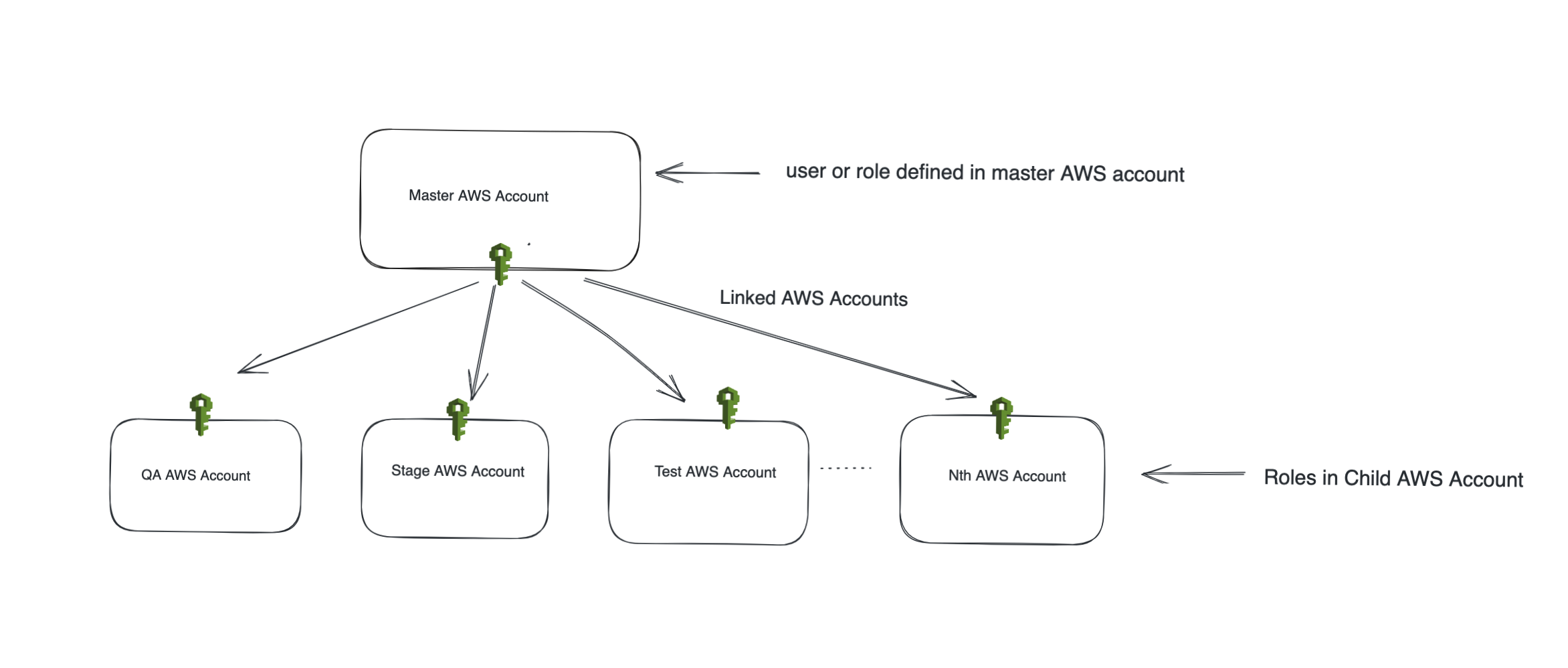Amazon EKS v1.29 using Rafay
Our recent release update in Feb to our Preview environment adds support for a number of new features and enhancements. We will write about the other new features in separate blogs. This blog is focused on our turnkey support for Amazon EKS v1.29.
Both new cluster provisioning and in-place upgrades of existing EKS clusters are supported. As with most Kubernetes releases, this version also deprecates and removes a number of features. To ensure there is zero impact to our customers, we have made sure that every feature in the Rafay Kubernetes Operations Platform has been validated on this Kubernetes version.
This release will be promoted from Preview to Production in a few days and will be made available to all customers.
Note that no action is needed on the part of our SaaS customers with the new release. Once the rollout is completed, all they need to do is learn about the new features and determine how and when they would like to use them.






